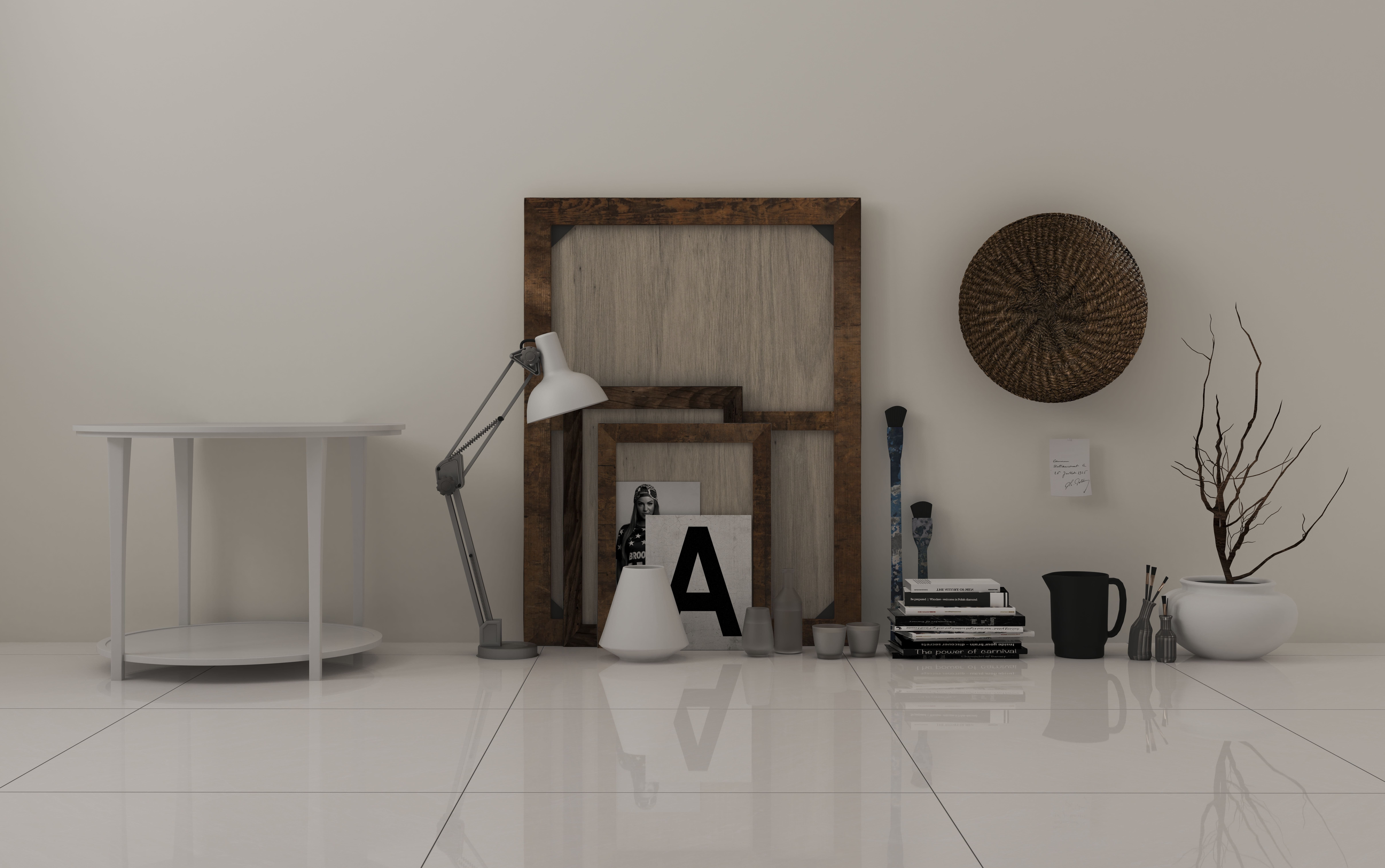We know some of the language used in the tiles world can be confusing so here we explain some of the popular terms that are used.
-
Abrasion Resistance
The ability of a surface to resist being worn away by friction and rubbing.
Often this is referred to on technical specifications as “abrasion resistance”, “durability classification” or “PEI rating”. It’s a scale of 0 – 5 that indicates how a floor tile will wear due to the amount of foot traffic and therefore suggest what floor applications (if any) that the tile is appropriate for. -
Antibacterial
Our floor and wall coverings incorporate Microban® technology, the world’s leading antimicrobial technology, to guarantee, besides beauty and durability of our ceramic products, biological safety for our living, leisure and working environments.
-
Antislip Matt
Matt glaze designed to make flooring safer by significantly reducing the risk of people slipping.
This is done by creating non-smooth surfaces to texture the tile, so if water or liquid is spilt and walked across, you are more likely to stay standing on your feet. This rating comes in the form of an ‘R’ value. -
Caliber
Caliber refers to the specific size of the tile. During the firing process the tile will experience some shrinkage. The amount of shrinkage during manufacturing depends on the specific tile composition and temperature in the kiln.
The tiles are separated into different Calibers to ensure the installer has similar sizes provide the best-finished product.
It’s important to make sure all calibers are the same before beginning laying the tiles -
Glossy
Glossy finish tiles have a stunning mirror-like sheen. Their reflective surface bounces light all around the space
-
Matt
Glazed Tiles that reflect so little light that no shine is noticeable, creating an uniform appearance.
-
Rectified Edge
A product that has undergone a further machining process , where the tile edges are squared on all four sides after the firing stage to maintain uniformity on the length, width, straightness of sides and rectangularity - Perfect for a minimal grout line.
-
Shade
Shade is the tone of color of different tiles that are part of the same batch. The colour shades of the ceramic tiles change from tile to tile according to the type of product and process conditions, because porcelain tiles are made of natural raw materials.
That is the reason for products being separated according to the tone, shade, mentioned by the code S followed by a number, in the tiles packing. It’s important to make sure the shade is the same before beginning laying the tiles -
Slip Resistance
Without any type of extra finishing, Porcelain tiles can be very slipery.
However with the right protection, given by special raw materials, they can be as resistant as you need.
There are many option of Slip resistance, starting with R9 up to R13 or starting with PVT 25 up to PVT 36+, depending on the test used to determine how easy is to slip in a dry and wet floor. -
Stain Resistance
Measures how easily the tiles become stained. When fired, porcelain tiles are exposed to very high temperatures, becoming highly sinterized and compact. The result is an almost zero porosity surface, reason why Porcelain tiles does not absorb any dirt or liquids.
-
Sugar
Unique grainy and semi shiny surface that makes our tiles even more beautiful and resistant to stains and scratches.
-
Thermal Shock Resistance
Thermal shock resistance is the ability of a solid to withstand sudden changes in temperature either during heating or cooling.
Porcelain and ceramic tiles have excellent resistance to extreme temperatures with low expansion coefficients, which gives them very high thermal shock resistance making them not only one of the best options for outdoor coverings, floor and façade, but also for indoors, as you will not require as much energy or cost to cool (and keep cool) or heat (and keep warm) a room that has tiles on the floor. Tile’s inherent thermal mass reduces peak heating and cooling, which helps moderate temperature swings in your home.
